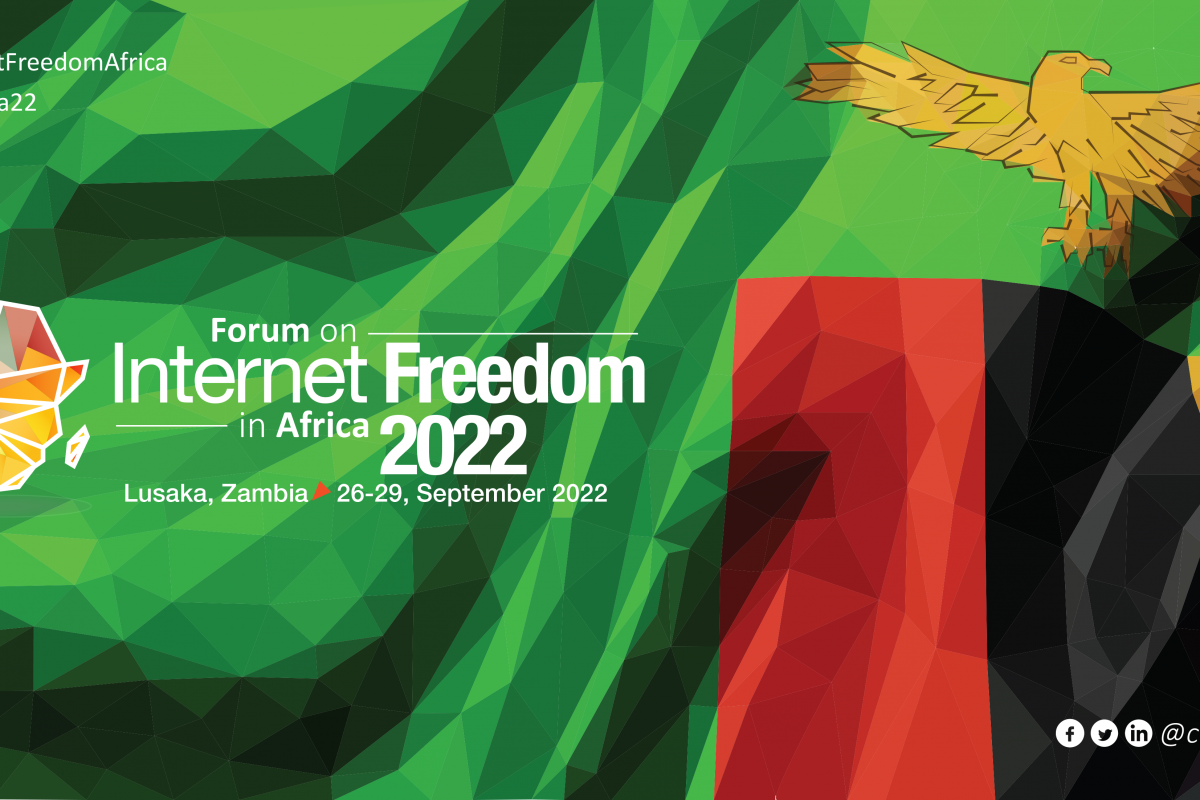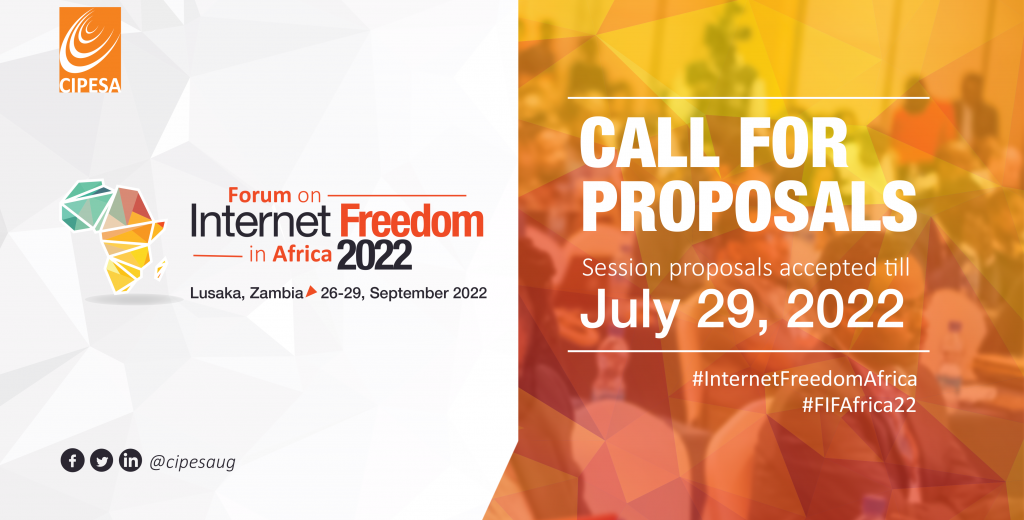#FIFAfrica22 |
Since its inception in 2014, the Forum on Internet Freedom in Africa (FIFAfrica) has offered a platform for policymakers, government officials, civil society, media, tech companies and technologists to convene and deliberate on various aspects of internet governance and digital rights arenas in Africa. This year’s FIFAfrica marks the return to a physical event following two years of hybrid events in the wake of the Covid-19 pandemic and will take place in Lusaka, Zambia, on September 26-29, 2022. It will feature two days of network meetings and skills workshops (September 26-27,2022) ahead of a two-day main event (September 28-29, 2022).
The FIFAfrica22 agenda is spread over 21 tracks with speakers and session organisers representing an extensive diversity of national, regional and international organisations, governments, tech platforms and think tanks. The largest agenda to date represents the growth in interest in digital rights as well as the concerns that have emerged and prevail on the continent’s digital landscape.
| Tracks at FIFAfrica22 | |
| Access to Information | Cybercrime |
| Artificial Intelligence | Data Governance |
| Artivism and Creative Expression Online | Digital Economy |
| Business and Human Rights | Digital Health |
| Child Online Protection | Digital Resilience |
| Digital Sovereignty | Internet Rights and Governance |
| Digitalisation and Access to Justice | Movement Building |
| Disinformation | Network Disruptions |
| Inclusive Access and Affordability | Platform Accountability |
| Infrastructure | Strategic Litigation for Digital Rights |
| Technology and Education | Women’s Rights Online |
FIFAfrica22 will also feature a dedicated Digital Security Hub will also feature at the Forum with digital security and resilience experts from CIPESA, the Digital Society of Africa, the Digital Security Alliance, Internews, Jigsaw/Google and Zaina Foundation.
FIFAfrica is hosted by the Collaboration on International ICT Policy for East and Southern Africa (CIPESA), an Uganda-based technology policy think-tank with a pan-African footprint. CIPESA has previously hosted physical Forums in Kampala, Uganda; Johannesburg, South Africa; Accra, Ghana; and Addis Ababa, Ethiopia.
See the agenda
For more details email [email protected]



